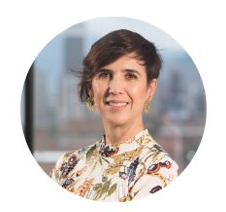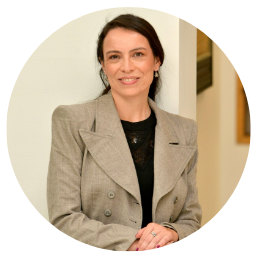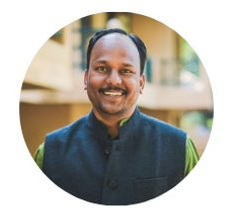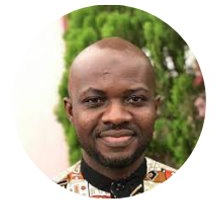The Sustainable Development Goals are the international community’s flagship for social, economic and environmental welfare over the next several years; and the focus of the September 2023 issue of Alliance. If the SDGs are to mean anything and if the world is to come anywhere near achieving them, they must be translated into solid benefits for communities in all countries. This webinar explored the complex process of aligning the priorities and interests – not only of international bodies, funders, government and NPOs at all levels from international to local, but of people at the sharp end.
Moderated by Alliance features editor Andrew Milner, and sponsored by TechSoup Global Network, the speakers included:
- Emilia González – Director, Center for Philanthropy and Social Investment, School of Government at Universidad Adolfo Ibáñez; and guest editor of the magazine’s September issue
- Ashif Shaikh – Founder, Jan Sahas; and Alliance contributor
- Hardi Yakubu – Movement Coordinator, Africans Rising; and Alliance contributor
A few highlights from the event

Catalina Escobar, MAKAIA, introduced the event: Today, technology and digital solutions – we believe they can either increase or decrease gaps, and in many cases is increasing them. Because technology is advancing faster than the organisations’ capacity to adopt it. So it’s our collective responsibility to make sure that no community organisation is left behind.
At the UN summit, the SDGs’ digital acceleration agenda was launched, and I think it’s important to make sure that that part of the agenda is also localised, because technology can be a catalyser for the SDGs, as many global practitioners have been talking about.

Emilia: We have been looking at the ways in which philanthropic organisations in the Latin American region have used the SDGs as a way to localise their work. And… there’s basically three ideas I wanted to share with you. The first that we found, basically during the first stage of case studies, was that there were philanthropic organisations that had been very successful in localising the SDGs, when they had already been working in a collaborative way with local governments, or local enterprises and communities, so that they were already having a conversation with different actors in multiple sectors. So when the SDGs came in and they found a way to appropriate them, they used them to prioritise the challenges for their particular communities, and to organise their actions. That was one kind of situation where we found that the SDGs were very valued and very useful.

Ashif: My organisation, Jan Sahas, is working with the most excluded communities, or most invisible communities in India, for the last two decades… And sometimes people think the SDGs are an external agenda, or an agenda of the UN organisation, or an agenda promoted by a donor organisation or the philanthropy community. But what we’ve discovered in our organisation – as per our understanding or context – the SDGs are very much linked with the problem, and the challenges that the communities are facing in areas where we are supporting them. And SDGs are very much linked with our values and the provision of the Indian constitution.

Hardi: [I wrote a paper] on the awareness and knowledge of SDGs amongst university students. And these are basically young university students in Ghana. It turned out very interesting results. The majority – almost 95% of the respondents said they were aware of the SDGs, but then when I had to ask them what the SDGs are, you found that there was a lack in real knowledge about what the SDGs were. As a matter of fact, one student answered that he thought the SDGs were the new policies of the student representative council. This was very hilarious, but also pointed to something serious, regarding how the SDGs have been embraced. But, even more seriously, we asked people what they thought – whether those they interacted with on a daily basis were aware of the SDGs. Only 14% in my study said they thought people were actually aware of the SDGs.
You can watch the full video here:
Eleanor Margolis is a freelance journalist
Credit:Source link




